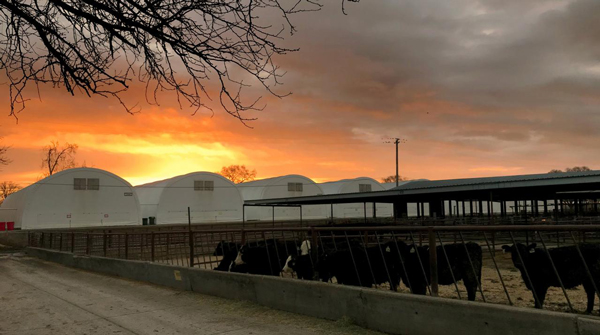
Thread:
Putting burning forests into perspective: “Underneath West Virginia and England are vast sleeping jungles, over 300 million years old, filled with centipedes the size of alligators and scorpions the size of dogs.” /1
Putting burning forests into perspective: “Underneath West Virginia and England are vast sleeping jungles, over 300 million years old, filled with centipedes the size of alligators and scorpions the size of dogs.” /1
“Under West Texas is a tropical coral reef from a 260-million-year-old ocean, visited, in its day, by sharks with circular saw teeth. Under Saudi Arabia are whole seas of plankton that pulsed with the seasons and sunbathed under the waves in the age of dinosaurs.” /2
“This is what we are burning at Earth’s surface today. We’re not just burning down the Amazon. We’re burning down all the forests in Earth history that we can get our hands on.” /3
“For every worrying part per million that CO2 goes up from burning fossil fuels, atmospheric oxygen goes down an equivalent amount, and then some.” /4
“As a result, oxygen is dropping far faster from burning fossil fuels, and their untold forests, than it is from burning just the trees available on the planet’s surface. We’re reversing tens of millions of years of photosynthesis all at once.” /5
Source: theatlantic.com/science/archiv…
I think this Atlantic article is excellent and puts our discussion on cows/cars/forests/fossil fuels into perspective. A ‘must read’.
@threadreaderapp “unroll”
• • •
Missing some Tweet in this thread? You can try to
force a refresh




